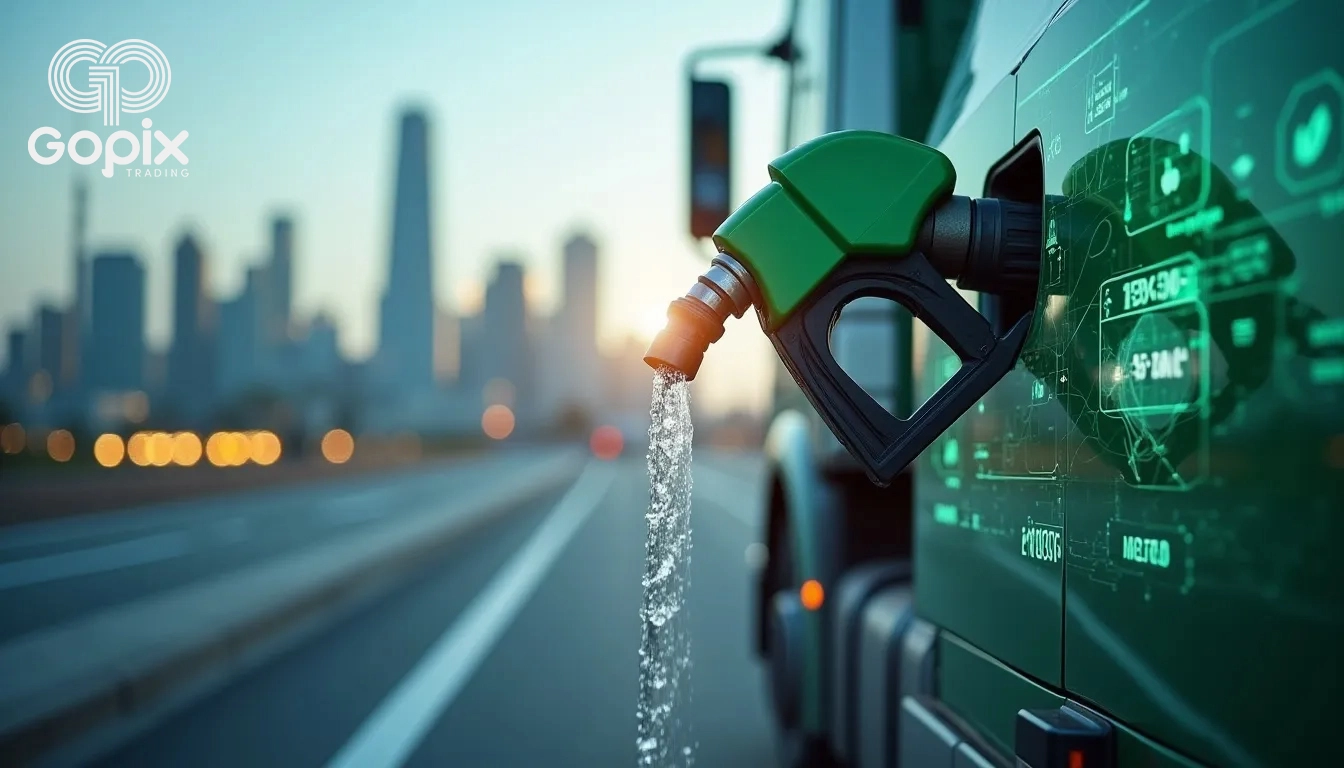Main headlines
- Home
- About Us
- المدونة
- Gold
Oil
REBCO
White Spirit
Paraffin
Granular Sulfur 99.8%
Gasoline
D6
D2
ULSD
JP54
AGO
Gasoline Octane
Intermediate Fuel Oil
Base Oil
MAZUT-100
Bitumen
Petroleum Coke
Petroleum Needle Coke
Petroleum Sponge Coke
Ethanol 99%
Methanol 99%
CBFS
LCO
Bonny Light
Naphtha
ESPO
EN590
Aviation fuel
Natural gas

